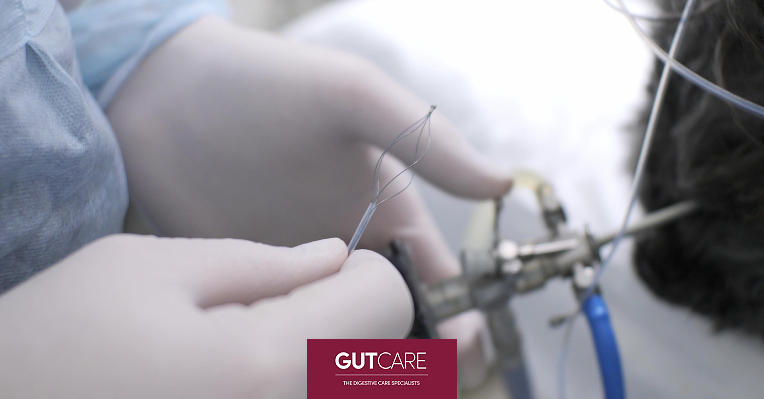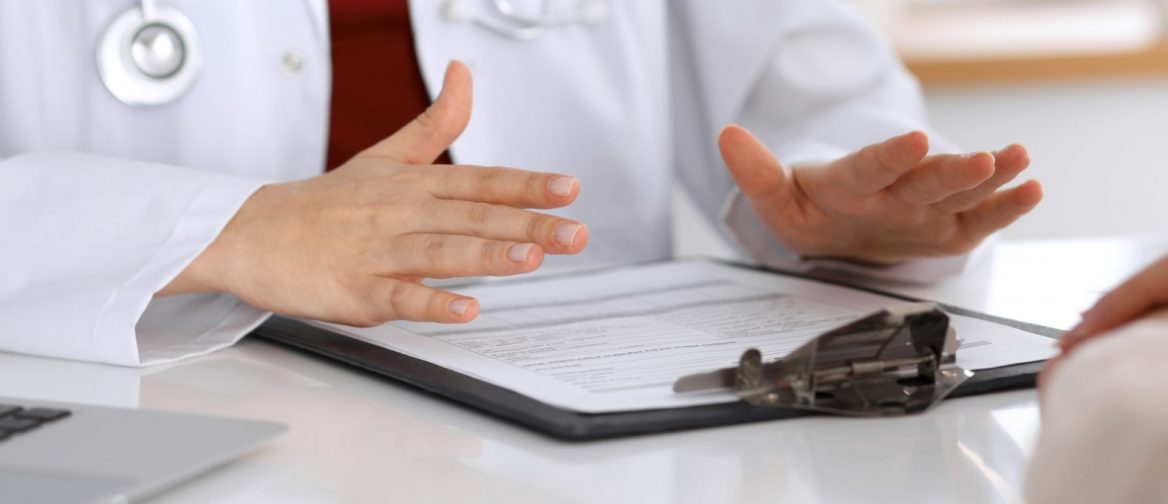Everything You Need To Know About ERCP & Bile Duct Disorders

ERCP, or endoscopic retrograde cholangiopancreatography, is a diagnostic procedure that involves both x-rays and upper gastrointestinal endoscopy to diagnose and treat pancreatic and bile duct-related conditions.
If you are not familiar with this minimally invasive procedure, read on to discover how it can be a significant aspect of your future gastroenterology visits and how it can help you treat bile duct disorders.
What are pancreatic and bile ducts?
Pancreatic and bile juices aid digestion. Bile is produced in the liver and is transported through the bile ducts, which connect to a common bile duct that empties it into the small intestine and gall bladder.
Pancreatic juice produced in the pancreas is transported through the pancreatic ducts, which connect to the main pancreatic duct that empties it into the small intestine.
If your gastroenterologist suspects that you have an issue with your pancreatic and bile ducts, they might recommend you go for an ERCP test.
What is ERCP, and how does it benefit individuals?
Its long name spells out various types of technology that are involved in the procedure. Endoscopic refers to endoscopy, which refers to the passing of a tiny camera at the end of a tube down your oesophagus and into your small intestine. After which, a smaller tube is passed through the endoscope to reach your pancreatic and bile ducts.
Through this smaller tube, your gastroenterologist will inject a contrast dye into your pancreatic and bile duct. This process refers to retrograde. Cholangiopancreatography is split into “cholangio”, which is the bile ducts and “pancreato”, which is the pancreatic ducts and is the process of taking photographs of the two ducts.
The contrast dye that is injected into your pancreatic and bile duct helps them to appear clearer in x-rays, allowing your gastroenterologist to determine the cause of your condition, such as scar tissues, tumours, and gallstones.
ERCP helps to minimise potential risks of complications by utilising minimally invasive methods.
When would you require an ERCP?
Your gastroenterologist might recommend an ERCP procedure if you develop symptoms suggesting a condition in your biliary and pancreatic system, such as:
- Bile duct leaks like jaundice
- Gallstone pancreatitis
- Gallstones in your common bile duct
- Scar tissues in your biliary structure
- Cholangitis
- Unexplained upper abdominal discomfort and pain
How to prepare for an ERCP test?
Your gastroenterologist will provide you with a personalised set of instructions to adhere to before the procedure. In general, they will require you to:
- Not drink anything but water, eat, or smoke for at least eight hours before the procedure.
- Discuss your current medications and medical conditions with them. They might even require you to stop taking certain medications, such as blood thinners.
- Discuss with them any allergies to anaesthetic and contrast dye.
- Arrange for transport, as the anaesthetic will only wear off after 24 hours.
Are there any potential risks or complications to ERCP?
Complications rarely occur and happen only in up to 10 per cent of the procedures. Any potential risks depend on your current health conditions. Your gastroenterologist will inform you of the risks in advance. Some potential complications might include:
- X-ray exposure-related tissue damages
- Injury to your gastrointestinal tract
- Pancreatitis
- Gall bladder or bile duct infection
- Aversive reaction to anaesthesia
- Excessive bleeding
Do know that ERCP is a safe procedure, and these complications rarely happen.
Conclusion
ERCP is a common diagnostic and treatment procedure that is employed throughout many gastrointestinal conditions. It often can turn into a therapeutic procedure. While ERCP is slightly more invasive than standard imaging tests, it is less invasive than surgeries and combines both procedures at the same time.
Here at GUTCARE, we offer a comprehensive range of services, from endoscopy to gastroscopy, and treat a variety of conditions, from IBS symptoms to fatty liver symptoms. Take charge of your gastrointestinal health today!
Click here to make an appointment with us today!
Reference(s):
https://www.needhamgastro.com/articles/have-trouble-moving-the-vile-bile
https://www.gleneagles.com.sg/tests-treatments/endoscopic-retrograde-cholangio-pancreatography

HAVE AN ENQUIRY?
You may also send in an enquiry via our online form if you have questions pertaining to your visit or consultation.

FIND OUT MORE ABOUT OUR DOCTORS
Unsure of which doctor to speak to? Take a look at our doctors’ profile to find out more.




